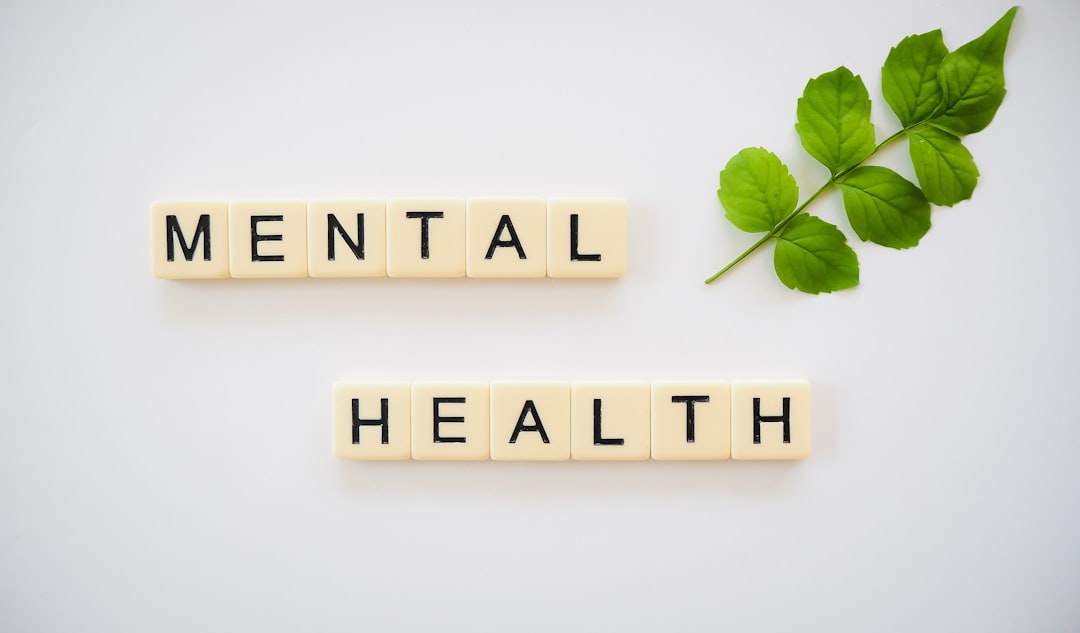All Nonfiction
- Bullying
- Books
- Academic
- Author Interviews
- Celebrity interviews
- College Articles
- College Essays
- Educator of the Year
- Heroes
- Interviews
- Memoir
- Personal Experience
- Sports
- Travel & Culture
All Opinions
- Bullying
- Current Events / Politics
- Discrimination
- Drugs / Alcohol / Smoking
- Entertainment / Celebrities
- Environment
- Love / Relationships
- Movies / Music / TV
- Pop Culture / Trends
- School / College
- Social Issues / Civics
- Spirituality / Religion
- Sports / Hobbies
All Hot Topics
- Bullying
- Community Service
- Environment
- Health
- Letters to the Editor
- Pride & Prejudice
- What Matters
- Back
Summer Guide
- Program Links
- Program Reviews
- Back
College Guide
- College Links
- College Reviews
- College Essays
- College Articles
- Back
The Toll of Online Classes to the Mental Health of Teens
Online education has gained immense popularity lately among working professionals and students. The versatility and accessibility that these online courses have are extremely beneficial. Distance learning has existed for a long time now thanks to the pandemic. Virtual teaching materials and online classes are becoming more popular in formal education. Particularly in a world of tried-and-true schooling structures and curricula, the most popular schools are those who respond to changing times and the needs of their pupils.
The benefit of being in the classroom: To groom its pupils, a school needs order, support, and a scheme of rewards and penalties. Face-to-face interactions with classmates, by a teacher, are an advantage of traditional classroom schooling. It provides a safe atmosphere for social interactions for children, particularly those in their early developmental years, allowing them to develop skills.
Too often we separate the consideration of mental health from physical health. These two are deeply interrelated. The mental and emotional pressures students may be experiencing can be expressed in deteriorated physical health. Anxiety and stress can lower immunity, subjecting people to illness, and not just the common cold. People with high levels of self-reported distress are found to be 32 percent more likely to die of cancer; depression has been associated with heart disease. These are not trivial effects. They are life-altering and destructive.
While primarily a place of education, school is also the center of many teens’ social lives. School offers teenagers and young adults an opportunity to connect with their peers. It’s an opportunity for them to socialize and express themselves. However, with schools and colleges moving to virtual formats, teens may feel lonely, unmotivated, or discouraged without regular social interaction.
Alongside the lack of social interaction, online class structure can affect teens and adolescents in a number of ways:
They can experience increased anxiety about staying on top of their schoolwork.
Other teens may experience difficulty concentrating or staying focused while at home.
For some adolescents and young adults, being in front of others on video can lead to its own anxieties.
Students may find it difficult to receive the motivation necessary for them to succeed.
Fatigue from virtual learning: Both students and teachers may become overwhelmed after spending a large amount of time online. This result is often referred to as "Zoom fatigue."
Students can face difficulties as a result of increased screen time in online classes. They also have more fatigue, headaches, a lack of inspiration, procrastination, poor time management, feelings of loneliness owing to restricted in-person socialization, and a decreased knowledge and comprehension of others, among other things.
Solutions
Create a designated workspace
Designate a quiet area of your home specifically for classes and homework
If necessary, use room dividers, furniture, or clear out storage space to create a distraction-free area
It may also help to do schoolwork in an area not associated with rest or entertainment.
Encourage healthy habits
A good night of sleep
A healthful diet
Regular exercise
Check up on your friends and see how they’re doing too.
Other ideas for how to improve mental health and well-being while taking online classes include meditation, playing an instrument, running, cooking, staying organized and, if needed, seeking professional help, among others.
S.T.O.P. — Stop, Take a breath, Observe and Proceed — can also be helpful in promoting mindfulness.
Sources
educationworld.in/impact-of-online-learning-on-school-education/
highfocuscenters.pyramidhealthcarepa.com/the-effects-of-online-learning-on-a-teens-mental-health/
insidehighered.com/digital-learning/blogs/online-trending-now/wellness-and-mental-health-2020-online-learning
statenews.com/article/2020/07/students-share-impact-of-online-classes-on-their-mental-health?ct=content_open&cv=cbox_featured
Similar Articles
JOIN THE DISCUSSION
This article has 0 comments.

